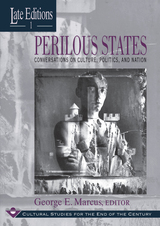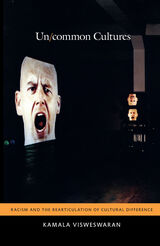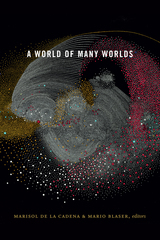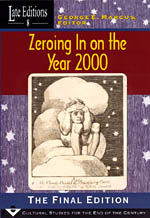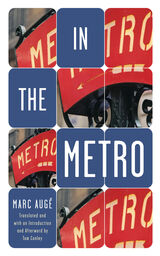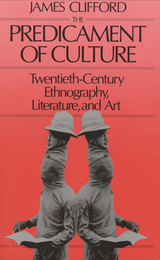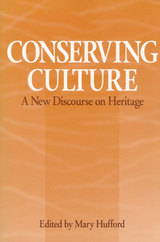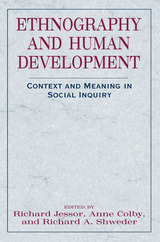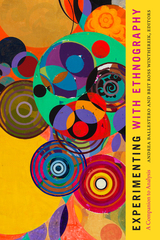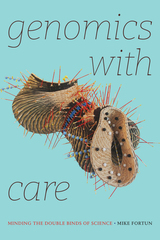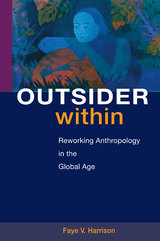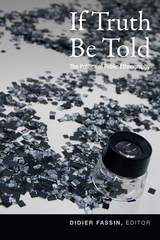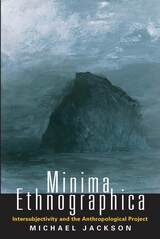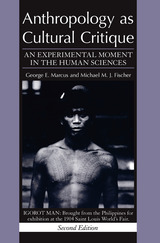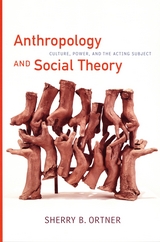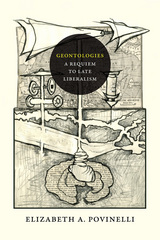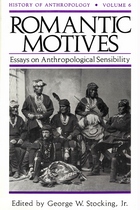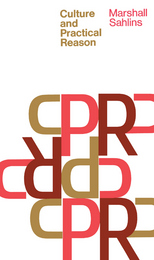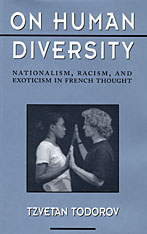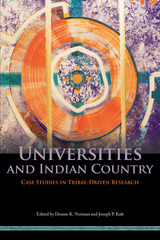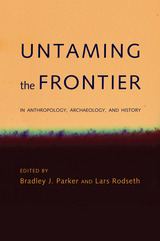If Truth Be Told: The Politics of Public Ethnography
Duke University Press, 2017
eISBN: 978-0-8223-7287-5 | Paper: 978-0-8223-6977-6 | Cloth: 978-0-8223-6965-3
Library of Congress Classification GN345I34 2017
See other books on: Ethnology | Fassin, Didier | Methodology | Politics | Publicity
See other titles from Duke University Press
eISBN: 978-0-8223-7287-5 | Paper: 978-0-8223-6977-6 | Cloth: 978-0-8223-6965-3
Library of Congress Classification GN345I34 2017
ABOUT THIS BOOK | AUTHOR BIOGRAPHY | REVIEWS | TOC | REQUEST ACCESSIBLE FILE
ABOUT THIS BOOK
What happens when ethnographers go public via books, opinion papers, media interviews, court testimonies, policy recommendations, or advocacy activities? Calling for a consideration of this public moment as part and parcel of the research process, the contributors to If Truth Be Told explore the challenges, difficulties, and stakes of having ethnographic research encounter various publics, ranging from journalists, legal experts, and policymakers to activist groups, local populations, and other scholars. The experiences they analyze include Didier Fassin’s interventions on police and prison, Gabriella Coleman's multiple roles as intermediary between hackers and journalists, Kelly Gillespie's and Jonathan Benthall's experiences serving as expert witnesses, the impact of Manuela Ivone Cunha's and Vincent Dubois's work on public policies, and the vociferous attacks on the work of Unni Wikan and Nadia Abu El-Haj. With case studies from five continents, this collection signals the global impact of the questions that the publicization of ethnography raises about the public sphere, the role of the academy, and the responsibilities of social scientists.
Contributors. Jonathan Benthall, Lucas Bessire, João Biehl, Gabriella Coleman, Manuela Ivone Cunha, Vincent Dubois, Nadia Abu El-Haj, Didier Fassin, Kelly Gillespie, Ghassan Hage, Sherine Hamdy, Federico Neiburg, Unni Wikan
Contributors. Jonathan Benthall, Lucas Bessire, João Biehl, Gabriella Coleman, Manuela Ivone Cunha, Vincent Dubois, Nadia Abu El-Haj, Didier Fassin, Kelly Gillespie, Ghassan Hage, Sherine Hamdy, Federico Neiburg, Unni Wikan
See other books on: Ethnology | Fassin, Didier | Methodology | Politics | Publicity
See other titles from Duke University Press


